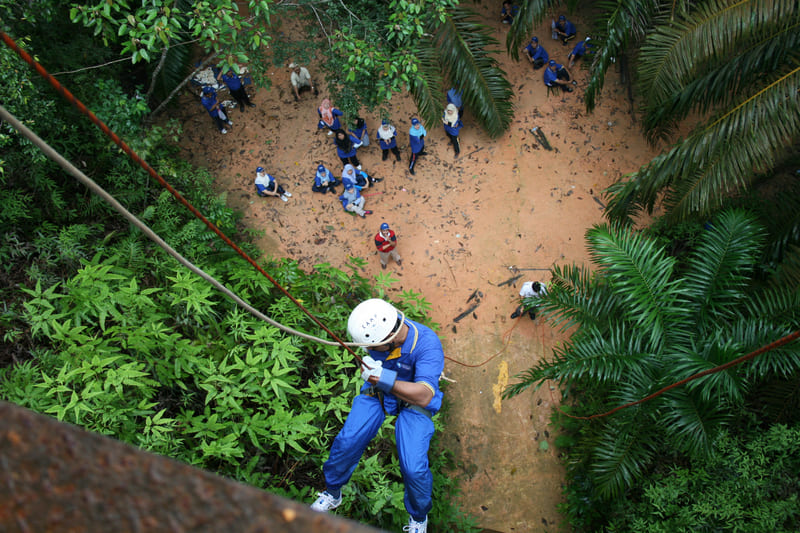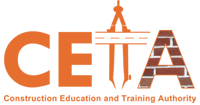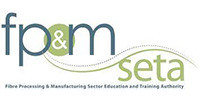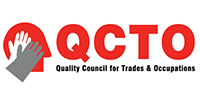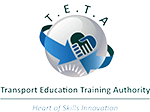EMCARE offers first aid training for all circumstances, making sure to prepare both medical responders and the broader public alike for dangerous circumstances, fatal situations or even just everyday painful injuries. Although first aid is often associated with the mandatory agenda items for those in high-risk jobs and domains, it also has major benefits for those who are often submitted to harsh conditions, even in non-professional contexts.
For example, if you’re somebody who thoroughly enjoys hiking in extreme conditions, or perhaps you’re an adrenaline junkie who’s desperate to try kite-surfing, then first aid training can be an essential resource. Read the article below if you’d like to learn more about first aid in the context of the great outdoors
First Aid Training for General Safety in the Great Outdoors
Are you a wildlife enthusiast, adventure tour guide or even just an explorer enjoying a trip around the world? If you answered yes to any of these questions then you’re probably going to need to know a thing or two about health and safety on the trail, especially if those trails happen to be in South Africa. This is one country where a wild array of insects, snakes and dangers exist all within one system.
Even beyond the dangers of wild animals and insects, there’s still the possible threat of mis-stepping, rolling an ankle or even just having an allergic reaction to any of the stinging nettles or irritating weeds that you may come across. No matter the danger, having first aid training is an excellent way to ensure that you stay safe no matter where you are or which adventure you’re on.

Dangerous Outdoor Experiences
Abseiling
The best and fastest way to get down from a mountain is to secure a rope on the cliffside and slowly but surely control your descent down a rope – an outdoor activity enjoyed by many called abseiling. However, it is also the most dangerous. Rappelling down a rockface requires control, training, hardwearing equipment and plenty of skill, particularly in the technicalities of hand-breaking, weight distribution and fastenings.
While many people choose to take the cable cart down to the bottom, abseiling allows you to experience the rush and adrenaline that can rarely be experienced elsewhere. Unfortunately, the heights of the activity come with intrinsic dangers like fatal falls from dangerous heights. In these instances, it can be lifesaving to have somebody nearby with legitimate qualifications in first aid training.
Hiking
Hiking has its own dangers too. This is one of the most prominent ways that people get injured during their vacations or weekends away. In these circumstances, when you are far away from main roads and emergency medical help, small injuries can quickly escalate into major trouble.
You’ve likely seen news stories of people being airlifted off of mountain peaks because of broken legs or sprained ankles – although this may seem shocking, the reality is that this is one of the few ways to quickly and effectively get help. When your mobility is compromised, it can be almost impossible to safely get done routes that can challenge even able-bodied people. Often these injuries occur because people tend to underestimate the dangers of walking and scrambling on ultra-rocky paths, failing to hydrate properly, protecting themselves from the heat or even just having the right equipment.
On top of that, many people fail to double-check how the weather will impact their safety – anything from light rain to mudslides could cause harm in an instant, unless you are hiking with someone that has first aid training and can intervene when necessary.
Quad Biking
Quad biking in scenic locations seems like the ultimate desert experience, but beyond the “Instagram-able” content, there’s the reality of operating heavy machinery on uneven terrain. Quad bikes are incredibly difficult to drive, given their high center of gravity, which makes them easy to roll over or fall off of.
In general, unstable handling combined with the undulating hills and hidden obstacles scattered among the sand make quad biking particularly dangerous in their own ways. Some adrenaline junkies will also be tempted to try out certain tricks while multi-tasking on cellphones or taking in the scenes. All of these together create a certain recipe for disaster. In an instance where something goes wrong, it is incredibly important to have someone with medical qualifications such as first aid training nearby.
Surfing
The sound of the sea may seem alluring from the shore, but when you’re in the waves it’s certainly not so calming. Those who love to surf know very well that to adequately participate in this extreme sport, you have to be willing to get pummeled by very big waves over and again. People often tend to forget about this when they’re getting into their wetsuits. When the tide is high and the waves are big, it’s easy to get pushed off into the coral reef, where you can get seriously hurt against its rocky surfaces.
What’s more, there’s also the real chance of ingesting water or even drowning. When you’re on isolated beaches or surfing in tough weather conditions, all of these things put together can be fatal. This is why it’s particularly important to lifeguards nearby – or, at the very least, friends and family members with first aid training available to help you out if you’re in any real danger.

Apply for EMCARE’s First Aid Training
If you’re interested in preparing yourself to face the world and all the dangers it has to offer, then it is recommended that you apply for training today. If you’re somebody who’s been in a difficult situation with limited access to a healthcare provider, then you can know how scary it is to be faced with pain and not have any help nearby. In these instances, having support from somebody with first aid training can be lifesaving. Rather than relying on fate, grant yourself an opportunity to stay safe even after the most thrilling outdoor experiences.

